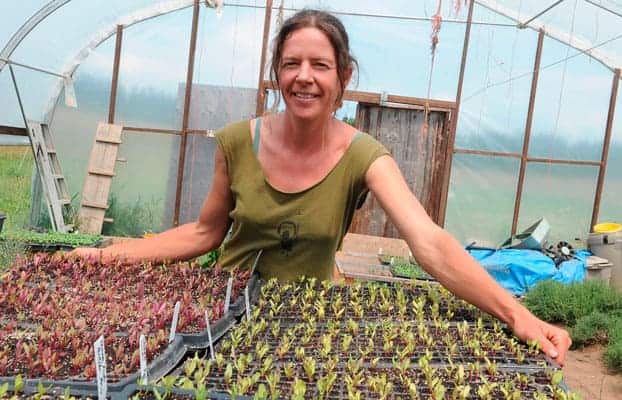;
;
;
Next Article
Campbell’s OHA honours a first for a Sugar King

Just as organic food has caught the attention of consumers, producers are also taking note, spotting the potential in the market. “I think it’s become more attractive to people for quite a few years. Certainly, I’ve seen my sales rise over the past five or six years since I started growing in the re
Last updated on May 04, 23
Posted on Jun 28, 13
3 min read
